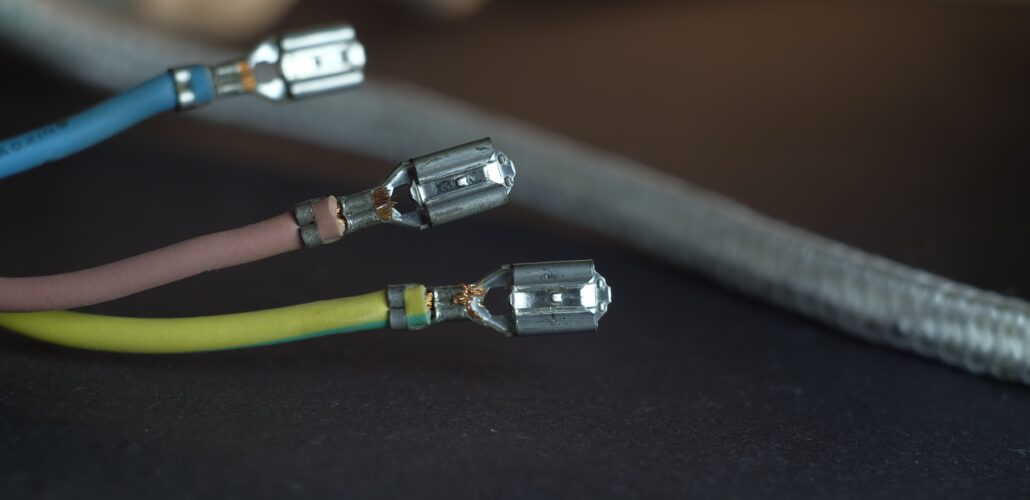Comparing Voltage: When to Ground a Floating Power Supply
The decision to ground or float a power supply is not always clear in the NEC.

Image for illustration purposes.
Floating Power Supplies: To Ground or Not to Ground?
In power systems, voltage is a critical parameter that must be carefully managed to ensure safe and reliable operation. One common challenge is dealing with floating power supplies, where the voltage is not referenced to ground. For floating power supplies, consider the importance of comparing voltage, and when to ground a floating power supply.
What is a Floating Power Supply?
A floating power supply is a power source that is not connected to ground. This means that the voltage is not referenced to the earth, and the power supply is essentially “floating” relative to the ground potential. Floating power supplies are commonly used in applications where isolation is required, such as in medical equipment, audio equipment, and test and measurement instruments.
Why Compare Voltage?
Comparing voltage is crucial in power systems, as it allows us to determine the voltage difference between two points. This is particularly important when dealing with floating power supplies, as the voltage can drift or change over time. By comparing voltage, we can ensure that the power supply is operating within safe limits and that the voltage is not exceeding the maximum allowable value.
To Ground or Not to Ground?
When should a floating power supply be grounded? The answer depends on the specific application and the requirements of the system. In general, a floating power supply should be grounded when:
- The power supply is connected to a grounded load, such as a motor or a heating element.
- The power supply is used in a high-voltage application, such as a power transmission system.
- The power supply is used in a safety-critical application, such as a medical device or a aircraft system.
On the other hand, a floating power supply should not be grounded when:
- The power supply is used in a low-voltage application, such as an audio equipment or a test and measurement instrument.
- The power supply is used in an application where isolation is required, such as in a medical device or a high-voltage test system.
Conclusion
Comparing voltage is a critical aspect of power system design, particularly when dealing with floating power supplies. By understanding the importance of comparing voltage and when to ground a floating power supply, engineers can design safe and reliable power systems that meet the requirements of the application.
Source: EE Power
#electrical engineering#electrical isolation#Electrical safety#electrical safety standards#floating power supply#grounding#grounding systems#high-voltage applications#instrumentation#isolation#power quality#power supply#power supply design#power system design#power systems#power transmission systems#safety#safety-critical applications#test#test and measurement#voltage measurement



